Solutions
December 1, 2011
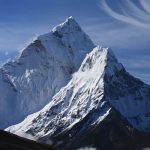
Tall order
Thanks to a grant from the National Science Foundation, Earth and Space Sciences Professors Bernard Hallet and Howard Conway are trying to determine whether glaciers speed up or slow erosion in the Himalaya.
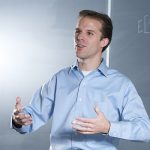
The market knows
The next time you hear the federal government announce that the gross domestic product has dropped, say, 3 percent, don’t believe it. Instead, look to the stock market.

More talk, less pot
A study shows that a brief, voluntary chat with an adult led to a 20 percent decrease in marijuana use for teens who are frequent users.
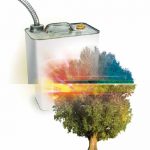
Biofuel: a poplar idea
The U.S. Department of Agriculture awarded the University of Washington a $40 million grant to turn woody biomass—mainly poplar trees—into biogasoline and renewable aviation fuel.
September 1, 2011
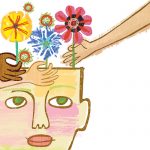
Boost for Head Start
Two UW College of Education researchers, both with previous classroom experience, are going to find out which teaching and learning practices are best for kids in Head Start.
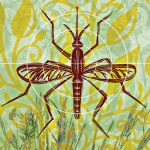
Gene warfare
In the future, global-health experts may be able to cast a genetic net over mosquitoes to prevent them from spreading malaria to people.
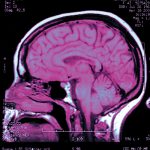
Field test for brains
Pierre Mourad, associate professor of Neurological Surgery, has received a grant of $2,602,379 from the U.S. Department of Defense to develop a rugged, field-deployable imaging device for traumatic brain injuries.
June 1, 2011
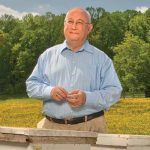
Bee detective
Charles Wick, ’71, ’73, ’79, may not wear the trademark deerstalker hat and smoke a long-stemmed pipe but when it comes to bees, he’s an ace detective.
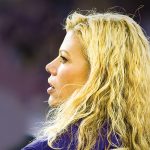
Risk factor
Sudden cardiac death affects about 1 in 43,000 NCAA athletes, according to a new UW study.
Hidden cost of transit
Many people are exposed to health and safety issues in the workplace, but how many think about the risk of the commute? Rick Neitzel, research scientist in the UW Department of Environmental & Occupational Health Sciences, does.
Uncloaked
Books such as "The Girl with the Dragon Tattoo" are part of a crime novel tradition dating back to at least 1965 in Scandinavia—a tradition Andrew Nestingen, associate professor of Scandinavian Studies, has followed for years.

Mother-child bonds
A Social Work doctoral candidate assembled a research panel of mothers, corrections officers and early childhood professionals—three groups that wanted a deeper understanding of the mother-child connection in prison..
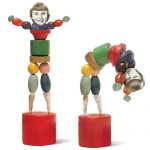
The math barrier
Parental and educational practices aimed at enhancing girls’ self-concepts for math might be beneficial as early as elementary school, when youngsters are beginning to develop ideas about who does math.
No radiation threat
In the aftermath of the earthquake damage at Japan’s Fukushima Nuclear Plant, UW physicists decided to find out if the leaked radiation had traveled 5,000 miles across the Pacific Ocean to Seattle’s UW campus.
March 1, 2011
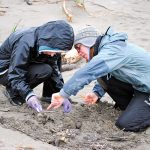
Sink to Sound
Researchers are using a new method for collecting old-fashioned data: They are employing real people—citizen scientists—to study changes in the environment.
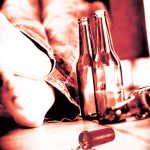
An eye on soldiers
The U.S. Department of Defense awarded a five-year grant to the University of Washington School of Social Work’s Innovative Programs Research Group to develop and test an intervention for at-risk soldiers.
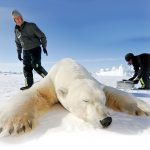
Hope for polar bears
Scientists from several institutions, including the U.S. Geological Survey and the University of Washington, have found that if humans reduce greenhouse gas emissions significantly in the next 10-20 years, enough Arctic ice is likely to remain intact during late summer and early autumn for polar bears to survive.
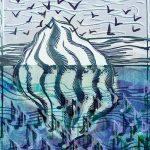
Iceberg's tune
We love the enchanting songs of whales, the clicks and squeals from porpoises. And now, a University of Washington oceanographer has brought us more melodies from the deep.
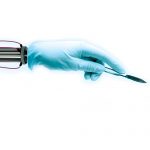
Hacking Kinect
The UW Biorobotics Lab came up with an intriguing idea: adding sensory feedback to see if the Xbox Kinect could be a training method for students learning to perform surgery.
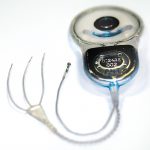
Surgery offers hope
University of Washington surgeons in October performed the world’s first surgical procedure to implant a device that could give hope to millions of people suffering from Ménière’s disease — an insidious, mysterious disorder.